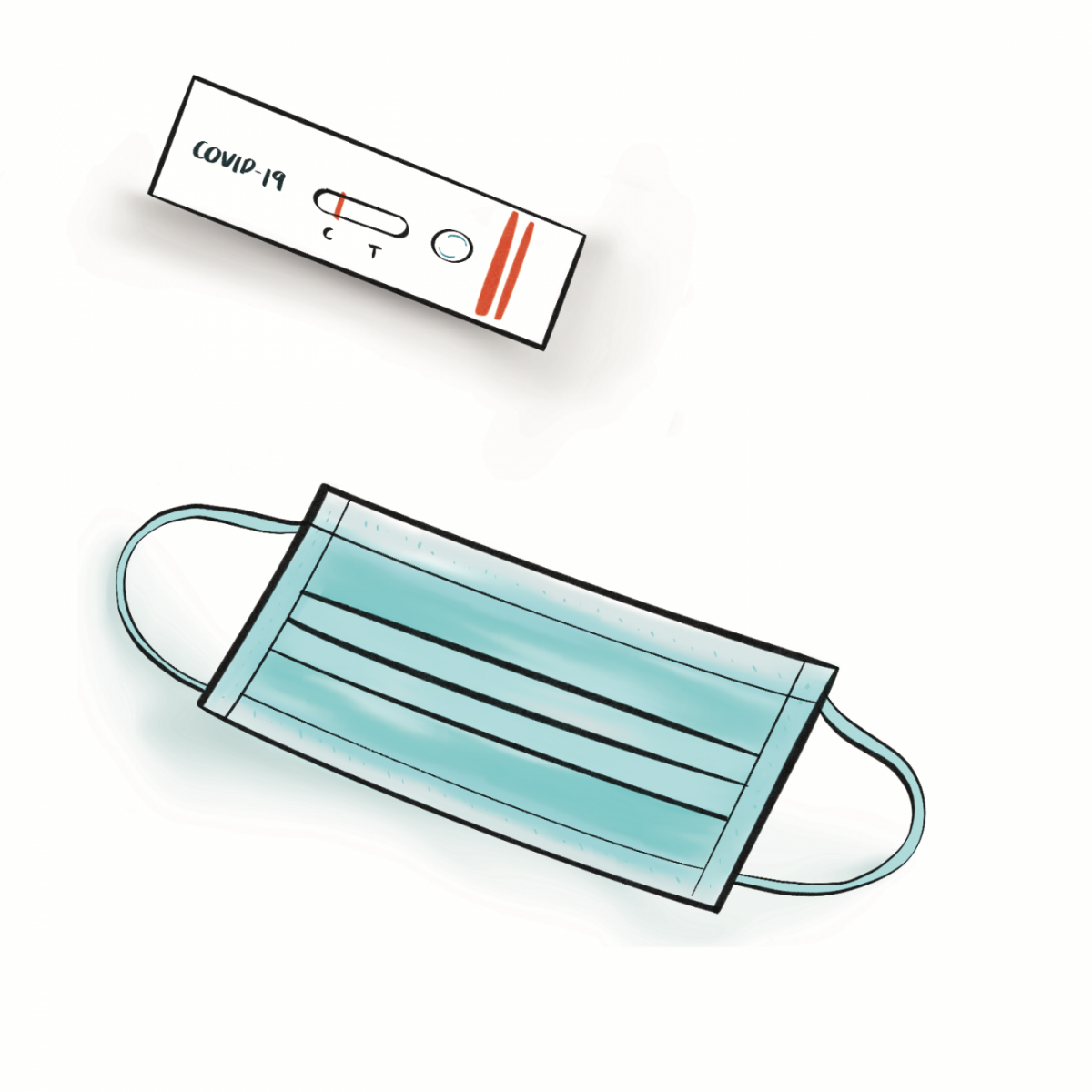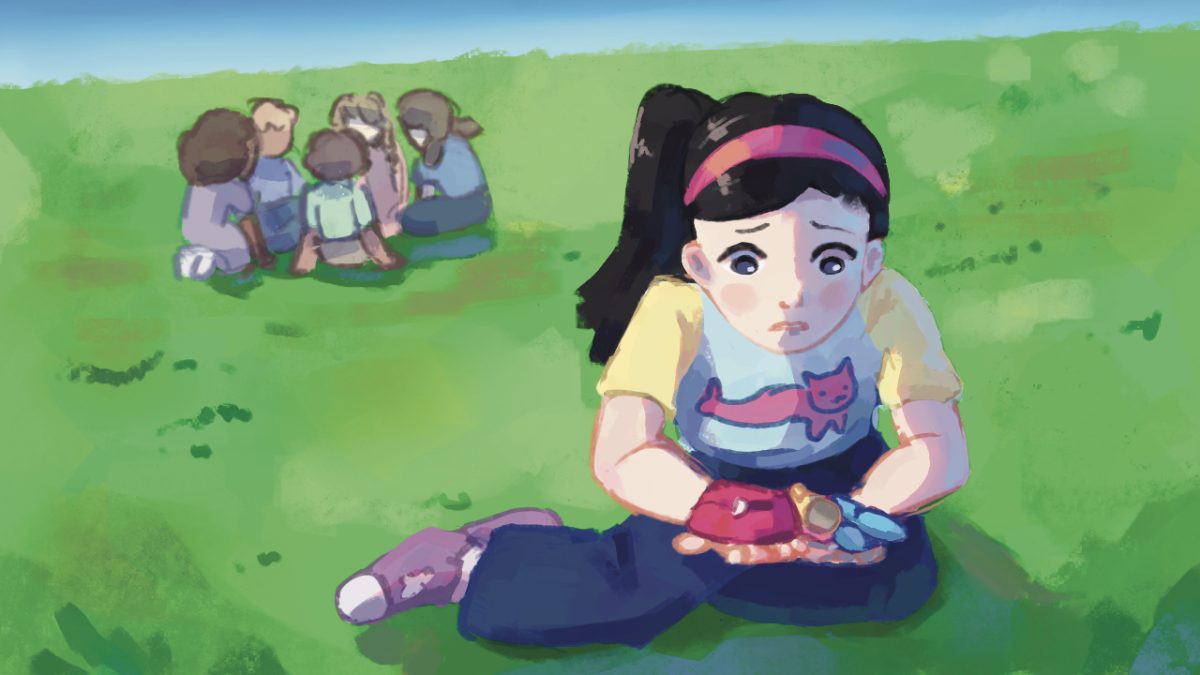An alarm clock chimes, and Divya Mathur rolls over sleepily in her bed. Through bleary eyes, she reads the time: 8:00 AM. With a groan, she pushes herself up. It feels like she had only fallen asleep minutes ago.
As the COVID-19 pandemic nears its third year, its long-term health effects have continued to impact peoples’ daily lives. For some, like Mathur, chronic fatigue is one of them.
According to the CDC, long COVID, or post-COVID conditions are ongoing health symptoms that people experience after recovering from COVID-19. The agency’s analysis estimates that up to 20% of Americans experience at least one post-infection symptom that seriously impacts their daily life.
Jing Chiang, a physician at Santa Clara Valley Medical Center, said long covid symptoms fall under an umbrella of many common health disorders, making it difficult to attribute certain symptoms to long COVID.
“A lot of people have chronic fatigue, which is not specific (to long COVID) and you can get that from many diseases,” Chiang said.
Chiang also said long COVID symptoms can affect many different organs in the body.
“Some people can have long term shortness of breath and inflammation all over the body, so (symptoms) can be within the lungs or it could be the cardiovascular system,” Chiang said.
Some students have been experiencing long COVID symptoms long after recovering from COVID-19.
Senior Divya Mathur said she has long-term symptoms that seem to be persisting even months after she contracted COVID-19.
“I had COVID over the summer, and when I had it, I didn’t have any serious symptoms,” Mathur said. “But since then, I’ve had a persistent cough that I still have now.”
Mathur also said she experienced excessive fatigue and feelings of exhaustion throughout her day.
“I’ve noticed that I’ve been extremely tired,” Mathur said. “I could sleep a good ten hours, and I would still feel tired after.”
However, Mathur is not alone. Senior Leticia Seeger said she also experienced lingering symptoms after recovering from COVID-19.
“I had an itchy throat and a cold, but it only lasted the first four days,” Seeger said. “(I had) some respiratory problems (and) an itchy throat for an extra week.”
School nurse Ingrid Katz said that she has recently observed more students with COVID-19 symptoms.
“I’ve seen more students coming in with covid symptoms,” Katz said. “Mostly headaches, runny noses, and coughing,” Katz said.
Katz recommends that students should continue to take precautions to stay safe if they experience symptoms.
“(Students) should definitely wear a mask,” Katz said. “Then they should take a COVID test.”
Chiang said vaccines will continue to help COVID-19 cases decrease, as they have been before.
“We know from good scientific evidence that vaccines help to lower the chance of us contracting COVID,” Chiang said. “In general, all the preventative measures that have also been proven to help decrease the chance of contracting COVID, (like) staying away from sick people, washing hands and wearing a mask in close quarters with crowded people.”










